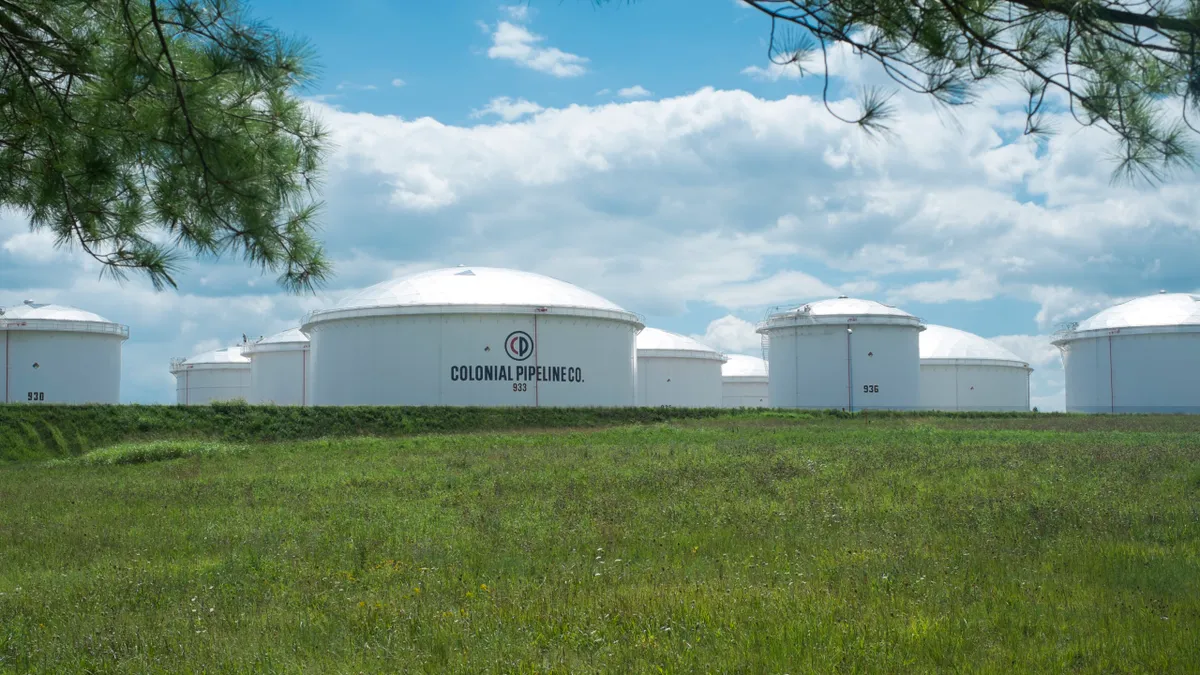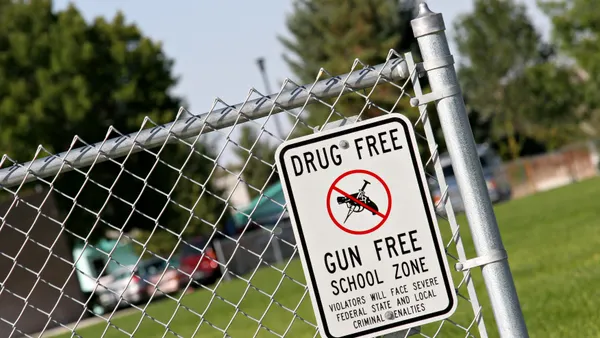Dive Brief:
- A gas shortage spreading in the Southeast due to a pipeline shutdown has caused schools in the region to take precautions, impacting daily K-12 district operations yet again after schools had reopened following COVID-19 shutdowns.
- Some districts are still monitoring the situation, according to school leaders and local reporting. Others have already cancelled afterschool activities or announced virtual learning days or the possibility of pivoting to virtual for as long as the rest of the school year in an effort to save fuel.
- Whether schools go remote due to the shortage, however, there remains the possibility that parents may opt to keep students home or that teachers are unable to get to work. "I believe a bigger concern at this point would be gas for our parents/students and teachers the rest of the week and early next week," said Jared Hosmer, superintendent of Chattooga County Schools in Georgia, according to a local news organization.
Dive Insight:
The hacking of the Colonial Pipeline has "created a new set of challenges" for schools, families and employees across Georgia and the broader region, said Morcease Beasley, superintendent of Clayton County Public Schools, in a press release. "As a result, district officials are meeting daily to monitor the gas shortage to assess its potential impact on district operations."
The crisis comes as some schools and students in the region are still recovering from COVID-19 closures, and as superintendents plan to address learning losses. On the other hand, schools may find themselves better equipped, specifically with 1:1 devices and teachers trained in virtual learning, after COVID-19 closures to handle emergency disruptions.
Many schools in the South, however, have been open for in-person instruction for much longer and have had more students attend in-person than other regions, according to surveys routinely conducted by the Institute of Education Sciences and National Center for Education Statistics, arms of the U.S. Department of Education.
The duration of the gas shortage is still unknown, but some are looking to the end of the week as an indicator of whether the emergency will worsen or ease up. In a press briefing on Wednesday, U.S. Secretary of Transportation Pete Buttigieg said the government is working "around the clock" to help Colonial restart normal operations. "We’ll be doing everything that we can to reduce the impact that some Americans could see at local gas stations in some areas until the pipeline is brought back online," he added.
President Joe Biden said he anticipates "good news in next 24 hours" and that the situation will be "under control."
The Colonial Pipeline Company's Cyber Incident and Operational Response said it initiated the restart of its pipeline operations on Wednesday at approximately 5 p.m. ET. But gas stations "may experience, or continue to experience, intermittent service interruptions during the start-up period," due to supply chain disruptions, according to an update from the company.













